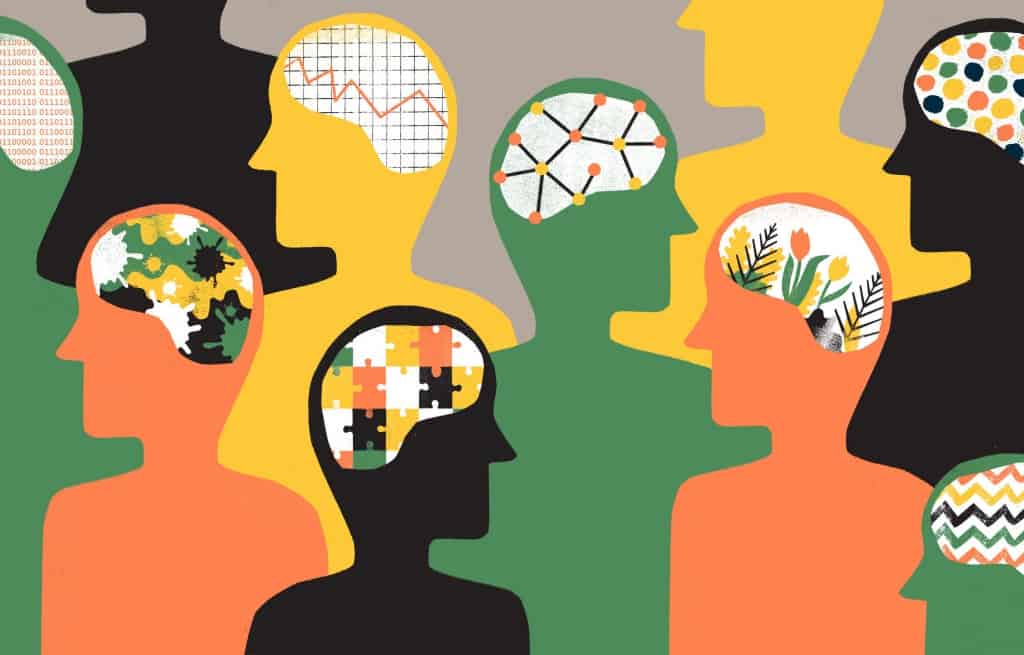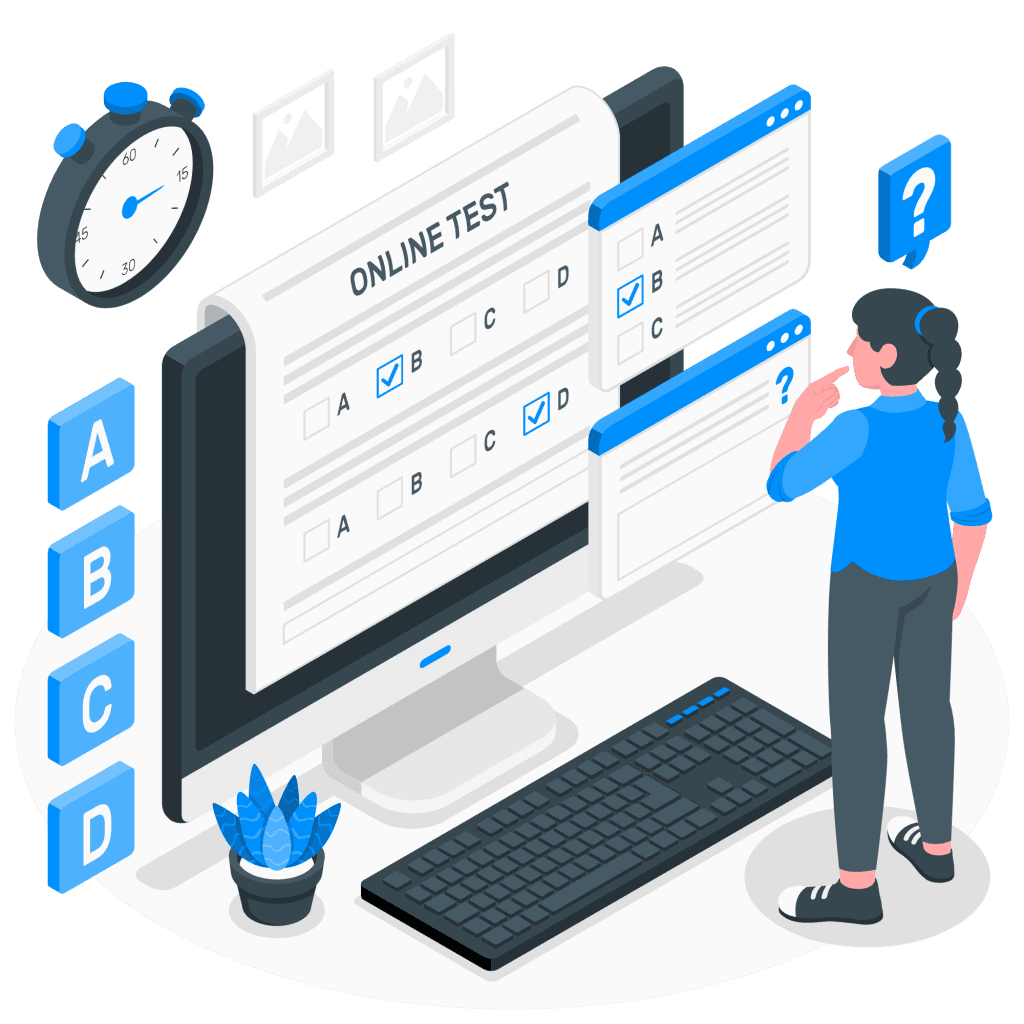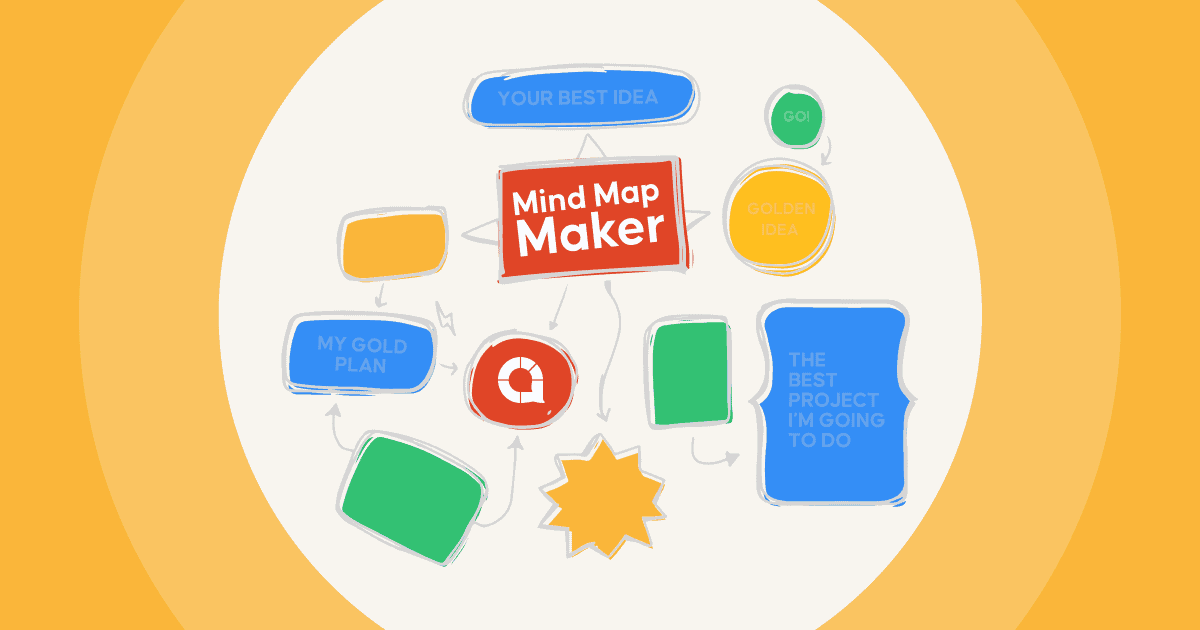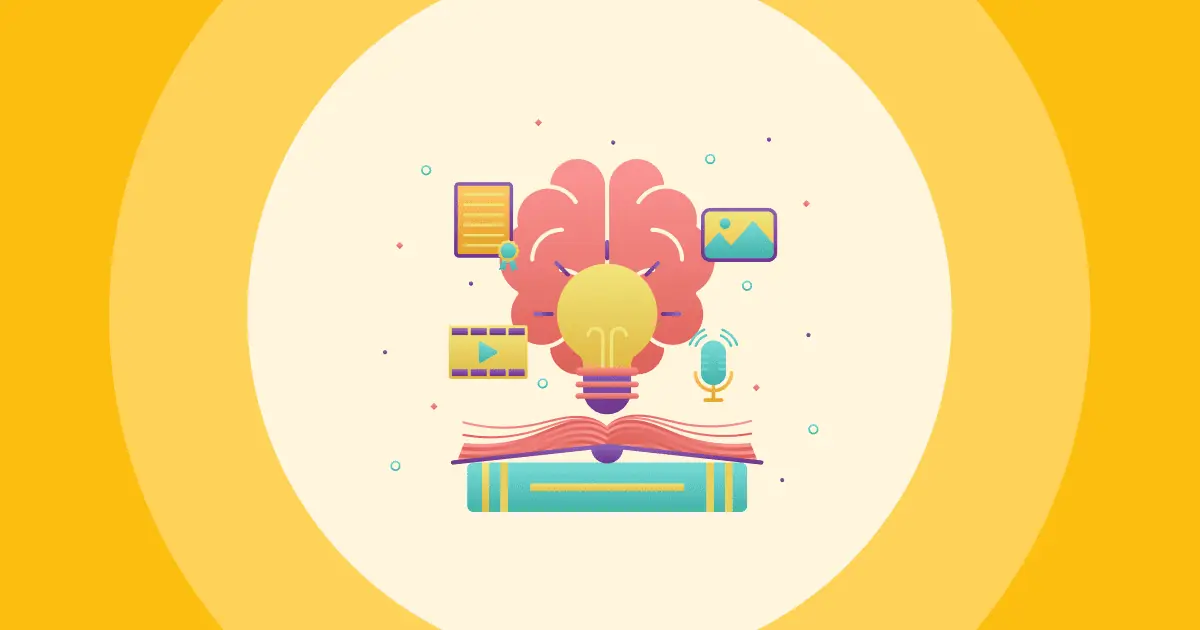Knowing how intelligent you are is a great question many people are curious about. Knowing your IQ is the same level as Einstein's sounds alluring, isn't it?
Not only intelligence type tests are to satisfy one's curiosity, but they also serve as a great tool to know more about yourself and your suitable career aspirations.
In this blog, we will introduce you to different intelligence type tests and where you can do them.
- What is an Intelligent Type Test?
- The 8 Types of Intelligence Test (Free)
- Other Intelligence Type Tests
- Key Takeaways
- Frequently Asked Questions
More Fun Quizzes with AhaSlides
What is an Intelligent Type Test?

An intelligence type is a way to categorise different dimensions or domains of cognitive abilities and mental processes, like linguistic vs spatial skills or fluid vs crystallised reasoning. There is no universal agreement on a single model. Some common ones include:
- Gardner's Theory of Multiple Intelligences - Psychologist Howard Gardner proposed there are several relatively independent types of intelligence including linguistic, logical-mathematical, spatial, bodily-kinesthetic, musical, interpersonal, intrapersonal, and naturalist.
- Crystallised vs Fluid Intelligence - Crystallised intelligence is knowledge-based and includes skills like reading, writing, and articulating ideas. Fluid intelligence refers to the ability to reason and solve problems using novel approaches.
- Emotional Intelligence (EI) - EI refers to the ability to recognise, understand, and manage emotions and relationships. It involves skills like empathy, self-awareness, motivation, and social skills.
- Narrow vs Broad Intelligences - Narrow intelligences refer to specific cognitive abilities like verbal or spatial abilities. Broad intelligences incorporate multiple narrow intelligences and are generally measured by standardized IQ tests.
- Analytical vs Creative Intelligence - Analytical intelligence involves logical reasoning, identifying patterns, and solving well-defined problems. Creative intelligence refers to coming up with novel, adaptive ideas and solutions.
Everyone has a unique mix of these intelligence types, with specific strengths and weaknesses. Tests measure these areas to see how smart we are in different ways.
The 8 Types of Intelligence Test (Free)
Gardner argued traditional IQ tests only measure linguistic and logical abilities, but not the full range of intelligence.
His theory helped shift views of intelligence away from the standard IQ view toward a broader, less rigid definition recognising multiple dimensions.
According to him, there are at least 8 types of intelligence, including:
#1. Verbal/Linguistic Intelligence

Linguistic intelligence refers to an individual's ability to use language effectively, both in written and spoken forms.
Those with strong linguistic intelligence typically have highly developed reading, writing, speaking and storytelling skills.
They often think in words and can express complex and abstract ideas eloquently through speech and writing.
Careers that suit linguistic intelligence include writers, poets, journalists, lawyers, speakers, politicians, and teachers.
#2. Logical/Mathematical Intelligence

Logical/mathematical intelligence is the ability to use logic, numbers, and abstractions to solve problems and identify patterns.
It involves high reasoning skills and the capacity for deductive and inductive thinking.
Mathematics, logic puzzles, codes, scientific reasoning and experimentation come naturally to them.
Careers that require and play to this intelligence include scientists, mathematicians, engineers, computer programmers, and statisticians.
#3. Visual/Spatial Intelligence

Visual/spatial intelligence refers to the ability to visualise things and imagine how things fit together spatially.
It involves sensitivity to colour, line, shape, form, space and the relationships between elements.
They can visualise accurately and mentally manipulate 2D/3D representations.
Careers suited to this intelligence are architecture, interior design, engineering, scientific research, art, and navigation.
#4. Musical Intelligence

Musical intelligence refers to the capacity to recognise and compose musical pitches, tones, and rhythms.
It involves sensitivity to the pitch, rhythm, timbre and emotion in music.
They have a good sense of melody, beat and harmony even without formal training.
Careers that suit this intelligence include musicians, singers, conductors, music producers, and DJs.
#5. Bodily/Kinesthetic Intelligence

People who possess this kind of intelligence are good at using their body, balance, fine motor skills, and hand-eye coordination.
It involves skills like physical dexterity, balance, flexibility, accelerated reflexes and mastery of physical movement.
Those with this intelligence learn better through physical experiences and hands-on activities.
Careers suited to this intelligence are athletes, dancers, actors, surgeons, engineers, craftspeople.
#6. Interpersonal Intelligence

Interpersonal intelligence refers to the capacity to understand and interact effectively with others.
People with interpersonal intelligence are sensitive to facial expressions, voices and gestures of others combined with an ability to express empathy.
Careers suited for interpersonal intelligence include teaching, counselling, human resources, sales, and leadership roles.
#7. Intrapersonal Intelligence

If you have a great knack for understanding yourself and your own thoughts, feelings and patterns of behaviour, you have high intrapersonal intelligence.
Those with developed intrapersonal skills know their strengths, weaknesses, beliefs and priorities.
They are insightful about their internal states, moods and how they can impact behaviour.
Careers suited include therapy, coaching, clergy, writing and other self-directed pathways.
#8. Naturalist Intelligence

People with this intelligence type can recognise and classify natural objects like plants, animals and weather patterns.
This includes noticing distinctions in plant and animal species, the landscape, and seasonal or weather changes.
While common in people who spend time outdoors, naturalist abilities can also apply to classifying spaceship parts, veins or meteorological occurrences.
Other Intelligence Type Tests

Wondering what kind of tests are useful to assess your brain power? Some common intelligence type tests besides Gardner's include:
• IQ Tests (e.g. WAIS, Stanford-Binet) - Measures broad cognitive abilities and assigns an intelligence quotient (IQ) score. Assesses verbal, nonverbal, and abstract reasoning skills.
• EQ-i 2.0 - Measure of Emotional Intelligence (EI) that evaluates skills in self-perception, self-expression, interpersonal skills, decision making and stress management.
• Raven's Advanced Progressive Matrices - Nonverbal reasoning test that requires identifying patterns and series completions. Measures fluid intelligence.
• Torrance Tests of Creative Thinking - Assesses abilities like fluency, flexibility, originality, and elaboration in problem-solving. Used to identify creative strengths.
• Kaufman Brief Intelligence Test, Second Edition (KBIT-2) - Short screening of intelligence through verbal, nonverbal and IQ composite scores.
• Wechsler Individual Achievement Test (WIAT) - Assesses achievement areas like reading, math, writing and oral language skills.
• Woodcock-Johnson IV Tests of Cognitive Abilities - Comprehensive battery evaluating broad and narrow cognitive abilities through verbal, nonverbal and memory tests.
Key Takeaways
Intelligence type tests are good for pinpointing strength in specific areas like math or speaking while IQ tests estimate general cognitive abilities. Smart comes in many flavours and tests change as you grow. Keep challenging yourself and your skills will amaze you in time.
Still in the mood for some fun tests? AhaSlides Public Template Library, loaded with interactive quizzes and games, is always ready to welcome you.
Frequently Asked Questions
What are the 9 types of intelligence?
The first 8 types were defined by Howard Gardner and include linguistic intelligence related to language skills, logical-mathematical intelligence involving logic and reasoning abilities, spatial intelligence pertaining to visual-spatial perception, bodily-kinesthetic intelligence associated with physical coordination, musical intelligence pertaining to rhythm and pitch, interpersonal intelligence regarding social awareness, intrapersonal intelligence concerning self-knowledge, and naturalist intelligence relating to natural environments. Some models expand on Gardner's work by including existential intelligence as a 9th domain.
What is the most intelligent MBTI?
There is no definitive "most intelligent" Myers-Briggs (MBTI) type, as intelligence is complex and multidimensional. However, any type can achieve significant intellectual capability depending on life experiences and the development of their natural propensities. IQ is not fully determined by personality alone.








